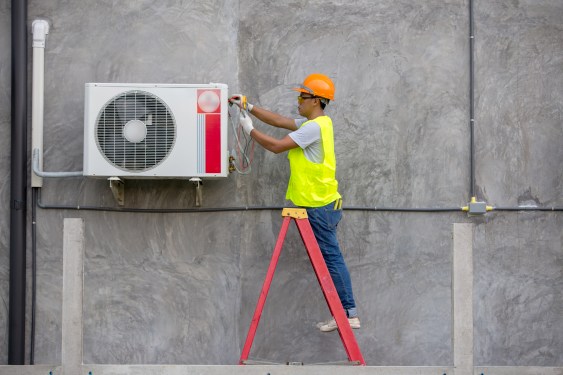Introduction
The world is witnessing a unprecedented shift in climate tech and the economy as the Inflation Reduction Act (IRA) takes effect. This article delves into how the IRA is reshaping various sectors, with a particular focus on its profound impact on the climate tech landscape.
The Extension of the Electric Vehicle Tax Credit
One of the most significant extensions under the IRA is the expansion of the electric vehicle (EV) tax credit. This provision now applies not only to vehicles but also to two-wheeled scooters and motorcycles, broadening its accessibility significantly. This move has been instrumental in accelerating the adoption of EVs among consumers.
The Case of Tim De Chant
Tim De Chant, a senior climate reporter at TechCrunch, provides valuable insights into how startups are capitalizing on this extension. His work highlights innovative solutions that are not only environmentally friendly but also economically viable.
Market Analysis and Climate Tech Growth
The IRA has spurred growth in various subsectors within the climate tech industry. From green hydrogen production to carbon capture technologies, these advancements are setting new benchmarks for sustainability and innovation.
The Role of Startups in the Market
Startups have been at the forefront of this transformation, offering scalable solutions that address pressing environmental challenges. Their contributions are pivotal in accelerating the global shift towards sustainable practices.
HVAC Systems and Climate Tech Synergy
The application of climate tech extends beyond transportation to building infrastructure, with heating, ventilating, and air conditioning (hvac) systems being one of the key areas benefiting from these advancements.
Innovations in HVAC Technology
Innovations in hvac technology are leveraging cutting-edge materials and design principles to enhance thermal efficiency. These developments are not only boosting energy savings but also aligning with broader environmental goals.
Conclusion
The Inflation Reduction Act is ushering in a new era of sustainability and innovation across multiple sectors. Its impact on climate tech, economy, and beyond underscores the urgency for global action to meet climate challenges.



